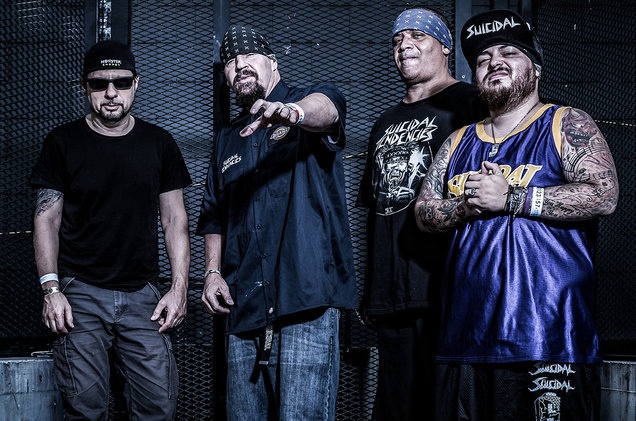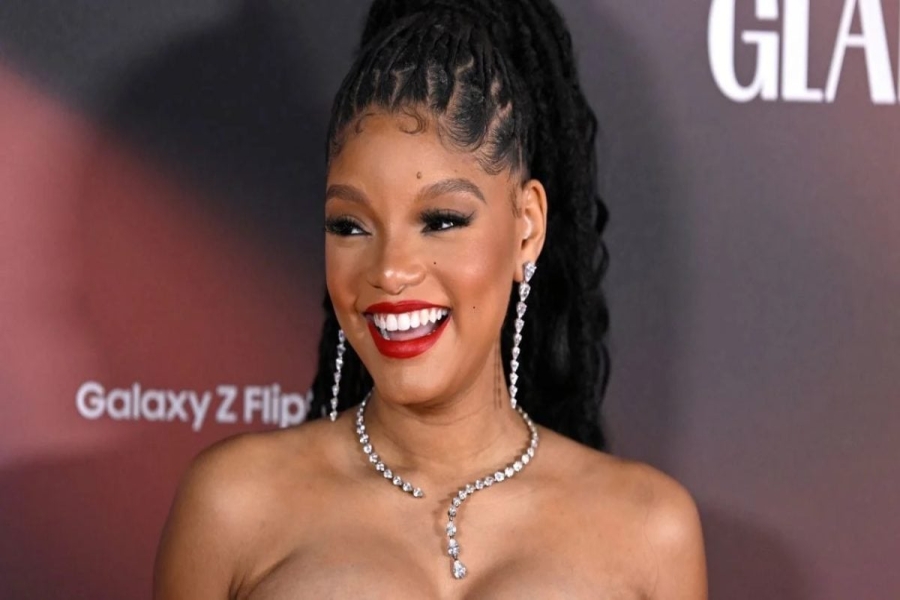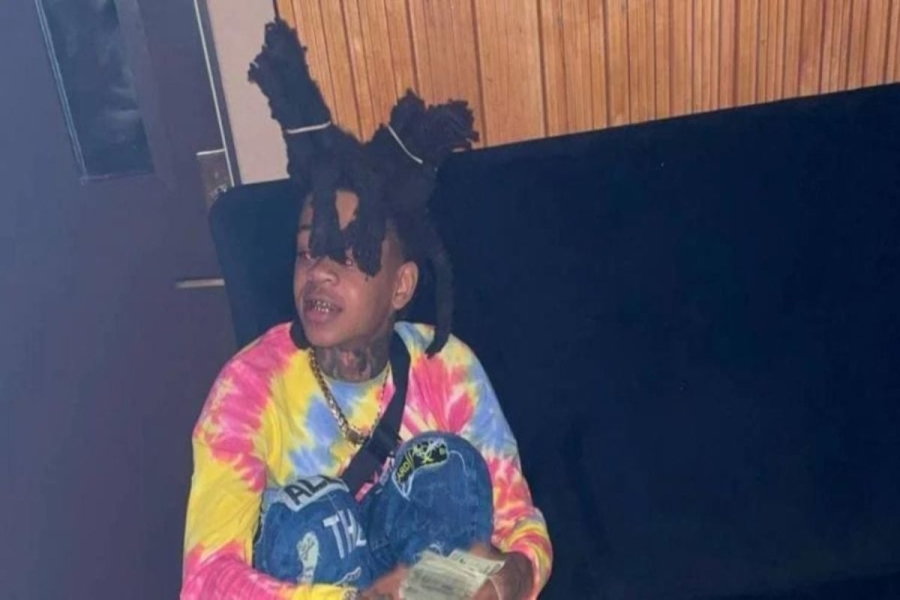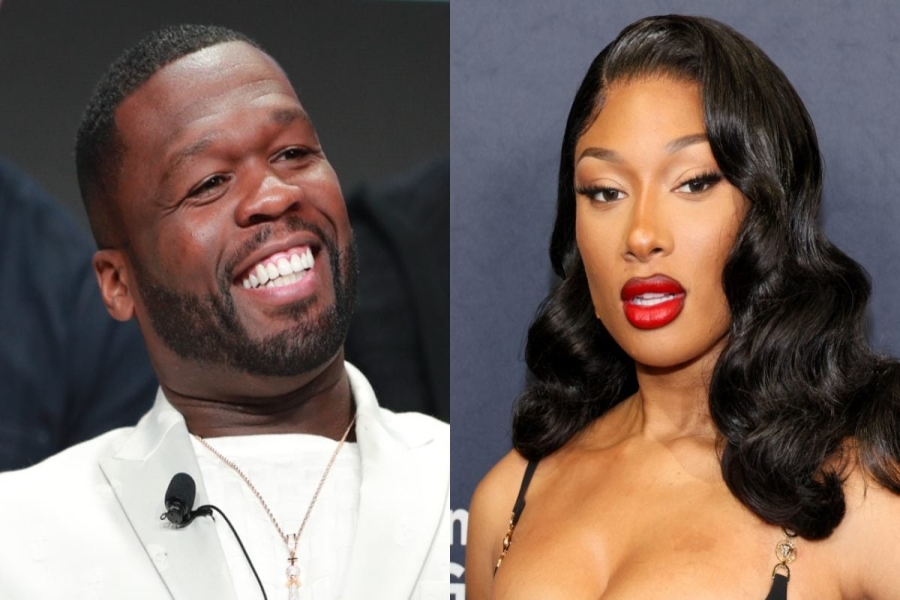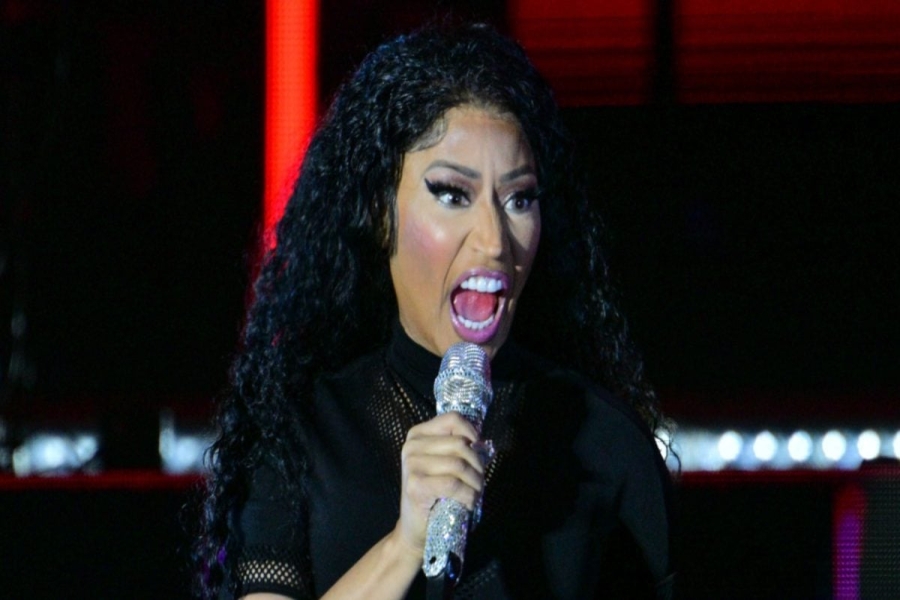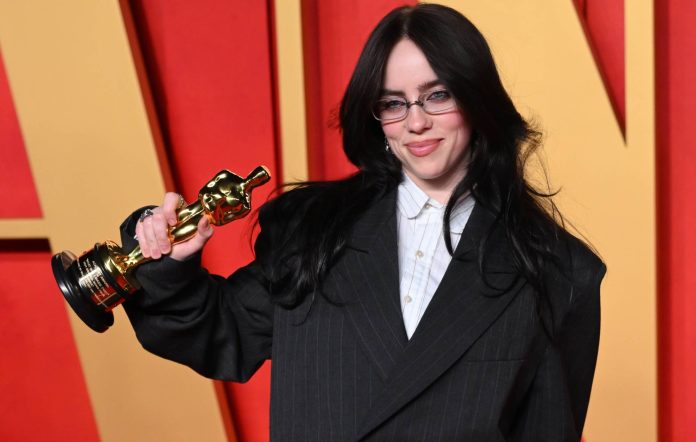Had they merely faded away after that, we would still remember them as icons of Southern California skate punk.
Of course, the story didn’t end there: From the early ’80s to the early ’90s, the band covered a breathtaking variety of styles, blazing new trails in the fusion of hardcore, thrash metal and funk while introducing new elements with each subsequent album. By 1992’s The Art of Rebellion, Suicidal Tendencies had evolved into a versatile alt-metal act that leaned on its prog and jazz fusion influences for the highly textured sound the band still embraces in concert today.
Nevertheless, even though it’s anchored by the multifaceted touch of longtime guitarist Dean Pleasants, new Suicidal album Still Cyco Punk After All These Years (Sept. 7, Suicidal Records) sticks to a rudimentary, almost Oi!-style punk approach. A reworking of frontman-bandleader Mike Muir’s 1996 solo outing Lost My Brain! (Once Again), Still Cyco Punk features founding Slayer drummer Dave Lombardo, the latest in a long list of one-of-a-kind players to pass through the Suicidal ranks, including Rocky George, Mike Clark, Robert Trujillo and Stephen “Thundercat” Bruner.
Below, find Billboard's conversation with Muir and Lombardo:
Mike, the band has reworked pre-existing material multiple times before. You scored a hit doing that with 1989’s Controlled by Hatred/Feel Like Shit... Déjà Va. Why did you revisit your first solo album 22 years later?
Mike Muir: A number of things happened recently, starting a couple of years ago with Dave Lombardo joining the band… Also, people started mentioning some of those old songs — about six or seven times in a couple of weeks. It had been so long since that first Cyco Miko [solo] record that a lot of people didn’t even know about it. When I first wanted to do that record, we had accomplished a lot in Suicidal in other people’s eyes: a gold record, a Grammy nomination, opening up for Metallica and Guns N’ Roses, [and] I wasn’t really happy. So I did the Cyco Miko thing because I wanted to do something that [embodied] what I liked about music when I was young. The irony was that I didn’t want it to be a Suicidal record, but now it feels very much like one.
I was also surprised that, lyrically, it’s where I’m at 20-something years later. But having Dave playing that music in rehearsal had a feel that I don’t think the original record did. Obviously, it was amazing to have [Sex Pistols guitarist] Steve Jones play on the original, but the way we recorded it sounded very dated. A lot of people now are trying to do records that sound old. I said, “Let’s try to make it sound like it’s new.”
Suicidal opened an arena tour for Queensryche in 1991. You said on MTV’s Headbanger’s Ball at the time that you liked playing arenas.
Muir: Oh yeah. If you’d told me as a 15 year-old, “One day, you’ll be playing arenas,” I’d have been like, “No way!” I can’t even sing! But to be able to do that with a band [like Queensryche] that was one of the most played bands on the radio and MTV at the time, to be in mainstream America, and to all of a sudden sell a couple hundred thousand more records was very important. It was a little bit of validity. It was a great experience, and we learned a heck of a lot.
So the band’s arc was on a steady uptick. Why were you unhappy?
Muir: As people saw things happening [with our success], they’d go, “Well, why can’t you be as big as so-and-so?” There were certain people that would’ve wanted to take advantage of the ride. That’s just not something that interested me.
Are you talking about people behind the scenes?
Muir: People in general, like friends and maybe some people in the band too. I give Axl Rose a lot of credit. I read somewhere that he said he wanted to be a rock star since he was 6 years old, and he did it. In my school, people said they wanted to be an astronaut or the president, and they ended up in jail. Anybody who can become what they want, I give ’em a lot of respect.
Dave, you first saw Suicidal live in 1982. What was your impression?
Dave Lombardo: I’d heard this rumor, kids in the street saying, “You have to check out Suicidal.” They had this fire that wasn’t typical from the metal bands I was watching at the time. So I enjoyed watching punk bands. Suicidal influenced me to step up my game as far as energy. It was like, “Wow, we have to compete against these guys.”
Punk, hardcore and thrash-punk crossover bands heavily influenced Slayer’s fast tempos. When did you discover punk in relation to metal?
Lombardo: [Late Slayer guitarist] Jeff Hanneman introduced me to punk. He was a big Suicidal fan, [and one-time Suicidal lead guitarist] Rocky George was one of his best friends. At first, the [other guys in the band] were kind of apprehensive. As time went on, and they saw me and Jeff singing the lyrics when we were in a van traveling up the coast of California to San Francisco, they recognized a [like-minded kind of] drive in punk.
You are playing with Dead Cross, Suicidal Tendencies and The Misfits. You’ve had a lot going on before, but this might be the most intense period of juggling you’ve ever done.
Lombardo: Yes. [Laughs.] It’s very grueling. I recently did six weeks in Europe with Dead Cross. I get on a plane the next day after a show in Belgium, and then the following day, I’m onstage with Suicidal in Brooklyn. Time is very precious, but I’m enjoying what I do so much, and I have an amazing assistant who sets up my schedule and makes sure I’m in the right place at the right time. [Laughs.] I wouldn’t be able to do it without all the musicians and amazing people around me.
How much adjusting does it take to switch among three different styles of punk?
Lombardo: All of these styles are brewing in me, but Suicidal has a particular groove and funk and swing that’s different than Dead Cross, which is just over-the-top brutal as fast as you can play. [Laughs.] And then you have The Misfits, which is punk, but a rock’n’roll kind of vibe. For some reason, I don’t find [switching among the bands] difficult. The most difficult part is dealing with the jetlag! I mean, some of the Suicidal songs are tricky. They have these trickly little changes in parts that you have to remember. But I remember when I did that show in Brooklyn, it felt like a smooth transition.
How much have you immersed yourself in your native Cuban rhythms?
Lombardo: It’s a lifelong immersion. I can still see my mom and dad singing some of the songs, so when I hear classic Cuban music of the ’40s and ’50s or deeply religiously rooted Cuban rhythms, they strike a nerve. And whenever I come across African Yoruba music, I absorb the polyrhythms and the syncopation. It’s so educational.
Most of the classic Suicidal catalog features drummer R.J. Herrera, whose playing gave the music a hint of Latin feel.
Lombardo: I would definitely agree. He does have a certain swing that moved me when I first heard [those early albums].

